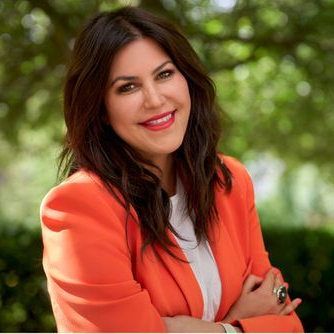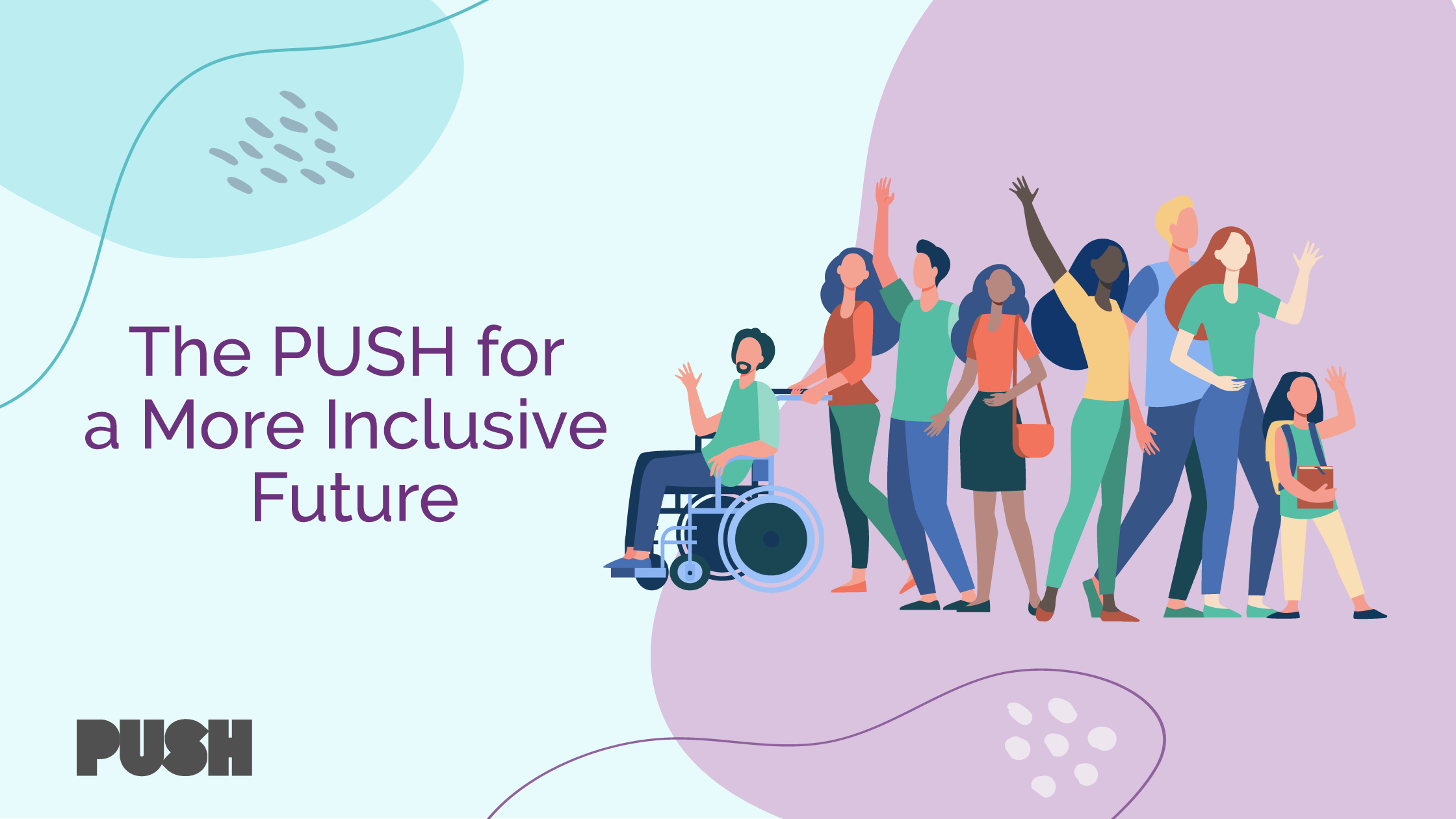
more articles by Cate Murden

We are over halfway through the year, which means we have had a lot of our key D&I and Awareness days, and also time to reflect on the social movements that took place last summer.
From International Women’s Day to Pride, at PUSH we’ve been thinking about how we can build on the messages and activism of the past year and find ways to implement positive, lasting change. Thanks to Covid-19, the working landscape has been blown wide open, leaving an open chasm and abundant opportunity for remodelling the working world of the future – a world where no one is left behind.
True inclusivity is about so much more than diversity; it is about a sense of belonging, and ensuring all of your colleagues – no matter their gender, race or sexual orientation – feel that they can be their most authentic selves at work. Nurturing uniqueness and individuality among your staff not only creates a positive impact on mental health and your office culture, but will also promote company growth.
“research shows that unlocking women’s economic potential in the workplace over the coming years could add a staggering $2.1 trillion in GDP by 2025”
The stats on the potential in truly embracing and fostering inclusivity speak for themselves; in the US, research has found that 40% of GDP growth in the national economy between 1960 and 2010 can be attributed to women and people of colour being better represented in the labour force. And research shows that unlocking women’s economic potential in the workplace over the coming years could add a staggering $2.1 trillion in GDP by 2025.
So how, as leaders, how do we funnel the essence of this year’s activism into our company culture in a practical and permanent way? The first is to open up the line of conversation with your staff and keep it open. Look critically at your organisation and identify what changes can be made and build these into a long-term actionable plan that you can sustain for years to come. Don’t let your desire for diversity look like a gimmick; your team needs to feel equally represented and supported each and every day.
Also ensure that you invest in your talent. Upskilling staff will not only lead to increased confidence and an expansion of skillsets across the board, but also a sense that every member of the team is valued. Launched last month, the new PUSH App helps companies realise their potential in this area, helping people to connect and feel a sense of belonging, even if current working models mean they are physically apart.
And on that subject, restructuring your company with inclusivity in mind will have a lot to do with how you tackle the topic of hybrid working. Many women have experienced burnout as they try to juggle working from home and the subsequent sense of needing to be constantly ‘on’ with the pressures of family life. For this reason the implementation of boundaries in your new working model is really important. Again include staff in these conversations to ensure everyone is comfortable with what is being laid out.
Talking to staff has to lie at the core of your mission for a more inclusive workplace. The sad fact is that Covid has had a disproportionate impact on BAME communities – people from black and Asian ethnic groups were twice as likely to die from the virus compared to white people – meaning that members of these communities are more likely to be suffering from grief. Research also shows that 74% of LGBTQ+ people say that stress from the pandemic has had a negative impact on their mental health, compared to 49% of those who are not LGBTQ+. Now, more than ever, it is important that these groups feel listened to and supported. Ensure there are systems in place so people have access to a safe space where they can share their feelings and seek help if they need it.
Inclusivity has to be about working with people, not against them, and if the past year has taught us anything, it is that we are stronger together.
